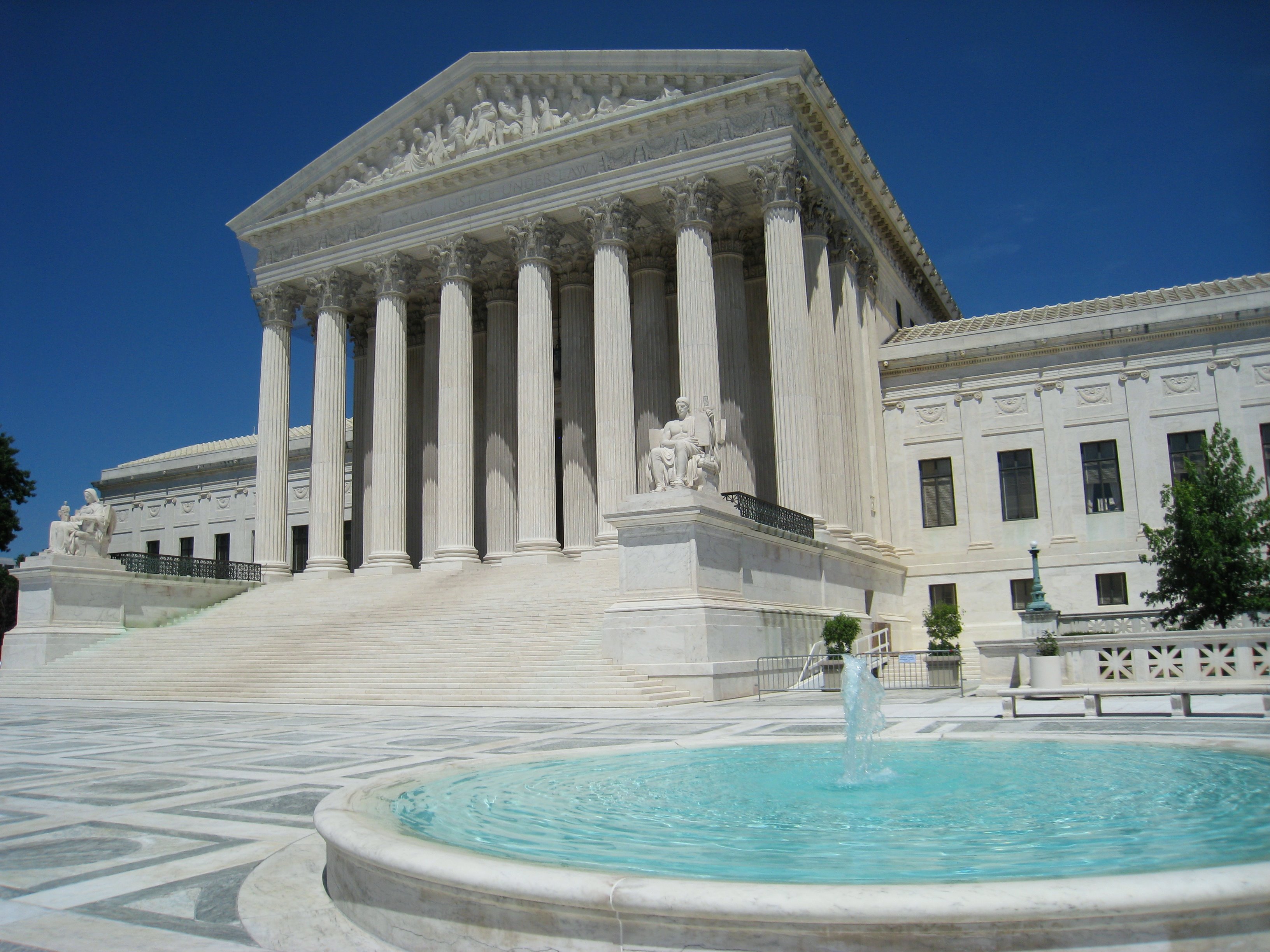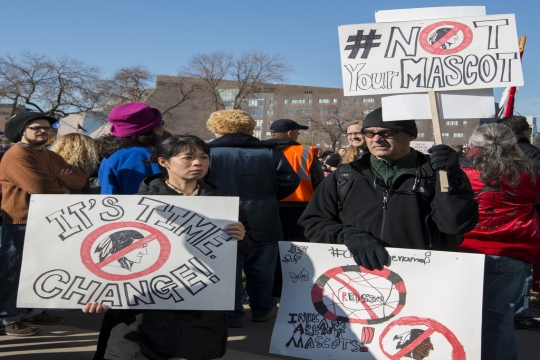
What do an American Indian tribe, a multi-billion dollar corporation and the U.S. Supreme Court all have in common? These three bodies are all embroiled in a case that could have wide implications for one of the most complicated aspects of our legal system: tribal sovereignty.
Last month, the Supreme Court heard oral arguments in Dollar General Corporation v. Mississippi Band of Choctaw Indians over whether or not an American Indian tribe has jurisdiction over civil claims brought against non-Indians. In 2003, the non-Indian manager of a Dollar General store on the Choctaw reservation allegedly sexually assaulted a 13-year old Choctaw boy who was working there as an intern. The boy’s family filed a lawsuit against Dollar General in the Choctaw Tribe’s court. Dollar General then went to federal court to argue that the tribe had no jurisdiction over the case, citing limits the Supreme Court has placed on tribal courts’ ability to try non-Indians. This dispute over jurisdiction, and not over the assault allegations themselves, is what the Supreme Court decided to take up this fall.
How the Court rules on this question could bring broad changes to the definition of American Indian sovereignty. If the Court agrees with the Choctaw Tribe, then they allow tribal courts to maintain their ability to hear lawsuits brought against non-Indians. If the Court sides with Dollar General, American Indians could lose the ability to sue any non-Indian, even one who voluntarily enters into business with a tribe and consents to their laws.
There is a lot at stake for American Indian rights in this case, particularly because of the prevalence of sexual assault. According to the National Congress of American Indians, 61% of American Indian and Alaska Native women have been assaulted at some point in their lives, and 67% percent of those assaulted describe the perpetrator as being non-Native. U.S. Attorneys, who are the only ones capable of bringing criminal charges against non-Native perpetrators, have declined to prosecute 52% of violent crimes that occurred on tribal lands. 67% of the cases they declined were sexual abuse cases. A decision against the Mississippi Band of Choctaw Indians could close off an important legal recourse for American Indian victims of sexual violence: civil lawsuits in tribal courts.
The Jewish tradition reminds us time and time again to judge one another thoughtfully and fairly. Hoshen Mishpat 10 says that “a judge should be deliberate in arriving at his decision. He should think the matter through thoroughly and should render his decision only when it is perfectly clear to him.” As our Supreme Court deliberates over this case, we will be watching for a decision that protects the right to due process all Americans have and the ability of American Indians to provide for the safety of their people.
For more information about the Dollar General Corporation v. Mississippi Band of Choctaw Indians case, check out “Judging Tribal Courts,” a helpful and informative Amicus podcast that explains the complexities of the case. You can also read more about the Reform Movement’s positions on Native American issues here.
Related Posts

Native American Heritage Month: Continued Support for the Indigenous Population is a Necessity
Concern for Safety of Protesters at Standing Rock


